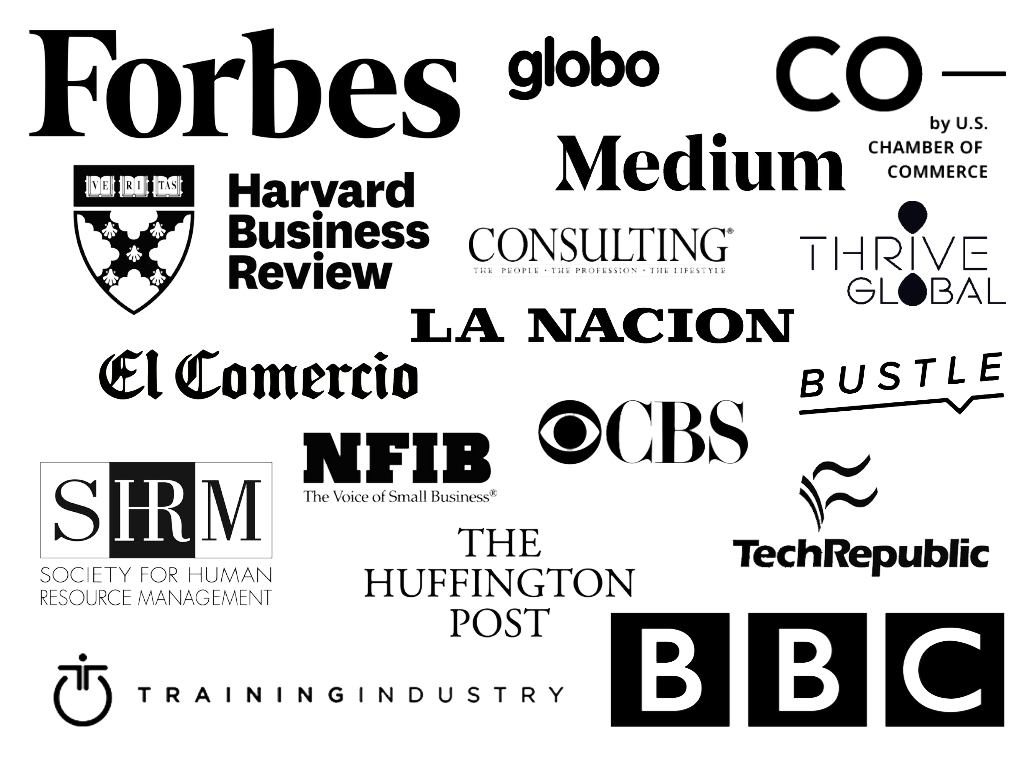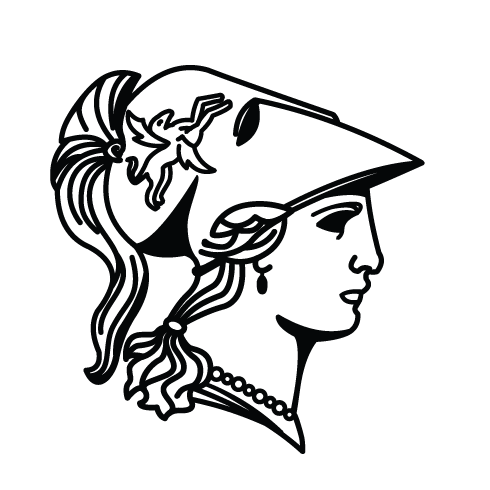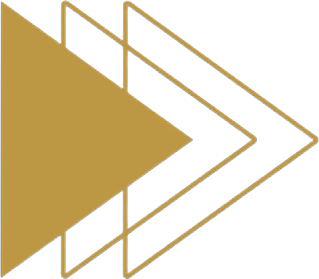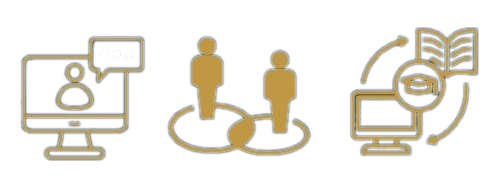Who we are

We listen. We deliver. You win.
As a comprehensive organizational and people advisor, we work with individuals and organizations to provide bespoke training, coaching, consulting, recruiting, and research solutions that provide deep insight, develop desired talents and behaviors, build teams, increase employee engagement, and optimize performance.
Contact us
Whether you are early in your career, a burgeoning professional, or an established executive, we have tools, trainings, coachings, and programs to help you get more.
Learn more
We help organizations target improvements in their leaders, their leaders, their teams, and their overall enterprise.
Learn more
What we do?
LBS works with individuals that want to achieve personal and professional breakthroughs. Your experience, industry, and tenure are no matter. We work with high potentials of all levels and catapult them to new heights of success.
Learn more
What we are thinking

We are known for our impact and respected for our expertise. If you are looking for insights into human behavior, team dynamics, and organizational development, then you are in the right place.
Contact us

Contact us

At LBS, we believe in people. We also believe in order to help people succeed, we need to listen. We focus on listening and truly understanding your situation so that we can be here to help when you need us.
Contact us
Connect with us. Regardless of your inquiry, we would love to hear from you. We are here to help.
Contact Us
Submit an RFPAll request for proposal should be submitted here for consideration.
Submit an RFP
What we do?
LBS works with individuals that want to achieve personal and professional breakthroughs. Your experience, industry, and tenure are no matter. We work with high potentials of all levels and catapult them to new heights of success.
Learn more
















Lausanne_CultivatingCreativity.pdf